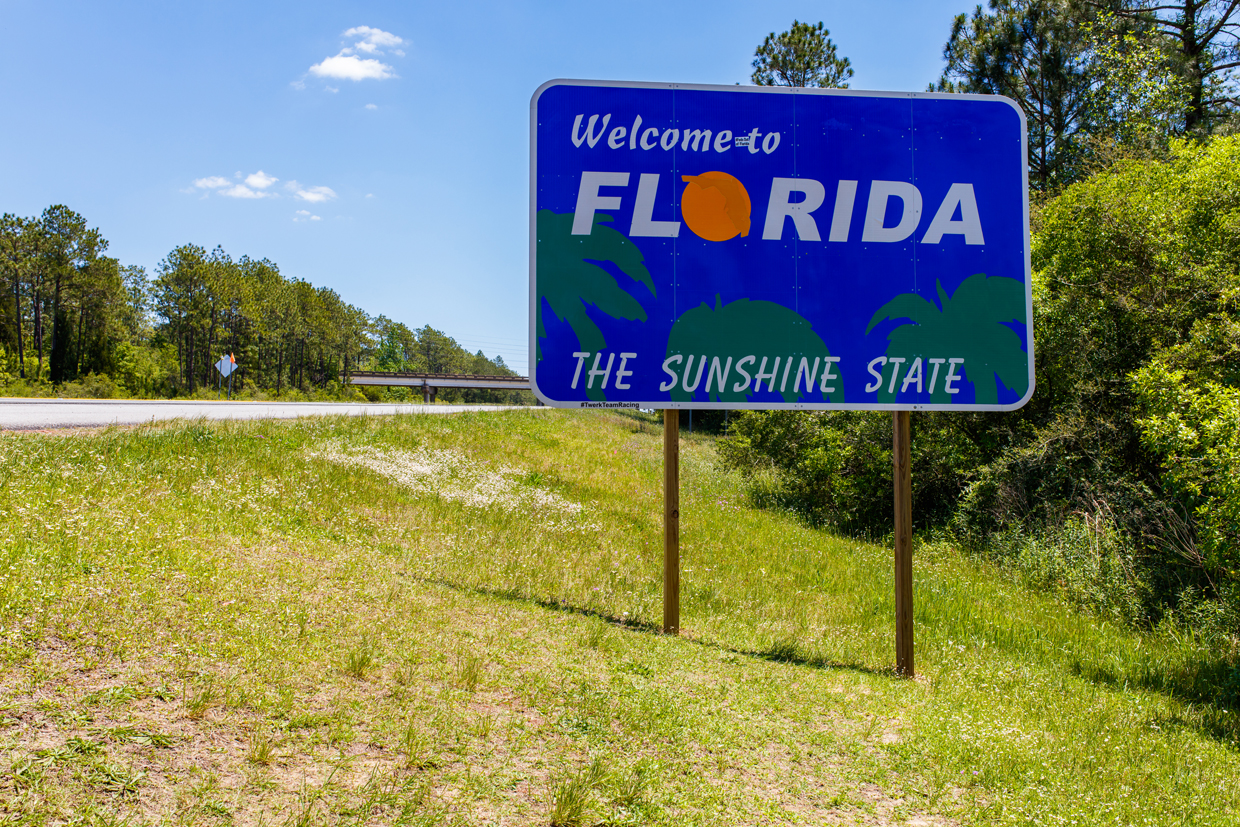
The Small Business Administration (SBA) streamlined their Surety Bond Guarantee Program with XBRL automation. The head of the SBA, Administrator Isabella Casillas Guzman, noted in their release, “SBA’s Surety Bond Guarantees are critical for small businesses to be able to qualify, compete for, and complete major projects—including many of the improvement projects being funded as part of President Biden’s $1.2 trillion Infrastructure Investment and Jobs Act (Bipartisan Infrastructure Law).”
The SBA Surety Bond Guarantee program backs surety bonds for small businesses wishing to submit qualified bids in partnership with surety companies and their agents, allowing them to offer bonds and bonding capacity to small businesses that might not qualify otherwise.
The new process allows the SBA to consume XBRL-formatted Work-in-Process reports generated by an application that leverages XBRL-CSV. Bond agents, sureties, and contractors can efficiently prepare and update facts in a spreadsheet application and submit the reports directly to the SBA. The voluntary program can be used instead of today’s time-intensive process which requires manual entry of multiple rows of repetitive pricing, cost, and billing data.
“We’re very pleased to roll out this new process. The SBA’s Surety Bond Guarantees are going to drastically change the way small businesses gain access to funding opportunities,” said Associate Administrator for the SBA Office of Capital Access, Patrick Kelley. “Ultimately, these small business-friendly improvements will be a game-changer for our nation’s small business owners.”

Florida publishes its final XBRL taxonomy for Annual Financial Reports prepared by local governments. The Florida Division of Accounting & Auditing has partnered with the Office of Information Technology to build the new Florida Open Financial Statement System, and have finalized and published the 2022 Annual Financial Report Taxonomy. Local governments will have the option to provide their financial data in the same manner they currently utilize, where it will be tagged and converted into XBRL format for their validation and submission, or they may choose to submit an XBRL instance generated through a commercial or open-source tool.
This is the first state-led XBRL initiative that has officially launched. Local Florida governments are required to report financial data in XBRL format for fiscal years ending on or after September 1, 2022.

SEC requires Inline XBRL reporting in their Pay versus Performance rule. The final rule requires issuers to disclose, in any proxy or consent solicitation material, compensation-related information including the relationship between executive compensation paid and financial performance of the issuer. Registrants are also required to separately tag each value disclosed in the table, block-text tag the footnote and relationship disclosure, and tag specific data points (such as quantitative amounts) within the footnote disclosures, all in Inline XBRL.

FASB Q3 Supplemental GAAP Taxonomy supported by SEC and FASB. The SEC officially accepted the new supplemental taxonomy as announced by the FASB. The SEC has upgraded the Electronic Data Gathering, Analysis, and Retrieval (EDGAR) system to Release 22.2.2 so that it now supports the 2022 Q3 supplemental U.S. GAAP Financial Reporting Taxonomy and 2022 Q3 supplemental SEC Reporting Taxonomy (SRT). The 2022 Q3 supplements reflect the same supplements that the Financial Accounting Standards Board made available on its website on August 2, 2022.

XBRL US comments on SEC proposal, Enhanced ESG disclosures by certain investment advisors and investment companies regarding their Environmental, Social and Governance Practices. The SEC proposal calls for funds to provide disclosures regarding ESG strategies; and furthermore, to tag these disclosures in Inline XBRL format. In our XBRL US comment letter, we agreed with the Commission that disclosure of this information in machine-readable (XBRL) format, will benefit investors, the Commission, and other stakeholders by enabling easier comparison of funds, and tracking of fund activity over time.

SEC proposes iXBRL for improved disclosures about the meaning behind investment company names. XBRL US submitted a comment letter expressing our support for the proposal, Investment Company Names, which would require funds to enhance investor protection through greater clarity and transparency in fund names; and by improving the disclosure requirements for fund terminology by requiring narrative disclosures about a fund’s 80% investment policy to be reported in Inline XBRL.

XBRL US Events
Webinar: AI, Machine Learning & Structured Data, September 29, 2022
Attend this session to get a snapshot of the AI landscape today, and to learn where it is likely to go tomorrow. Explore case studies on how machine learning, combined with structured, machine-readable data, is being used for data normalization, catching anomalies and problems in corporate public company data, and more. Hear from data experts at DFIN, eBrevia, and Intrinio.
Watch: https://xbrl.us/events/220929
Webinar Replay: Tools and Techniques for the XBRL Data Pipeline
Check out the latest updates for the XBRL API, XBRL Filed Data Add-in, and other resources that anyone can use to access the wealth of machine-readable data available now.
Watch: https://xbrl.us/events/220727
Upcoming XBRL US Steering Committee and Other Member Meetings

The Data Quality Committee held its most recent meeting on Wednesday, June 29, 2022. The next meeting will be held September 21, at 9 AM ET. Get information about the Committee and register to attend: https://xbrl.us/dqc.
The Domain Steering Committee will meet Tuesday, September 20, at 2PM ET. https://xbrl.us/events/dsc-220816 – all XBRL US Members are invited to attend
The Communications Steering Committee will meet Tuesday, September 20, at 3 PM ET. https://xbrl.us/events/csc-220816 – all XBRL US Members are invited to attend
The Regulatory Modernization Working Group will meet September 13, at 3 PM ET. (membership@xbrl.us for details)
XBRL US Members are encouraged to attend and get involved.
 XBRL US Members are committed to engaging and collaborating with other members, contributing to the standard through involvement of their teams, and striving to build awareness and educate the market. Members of XBRL US represent the full range of the business reporting supply chain.
XBRL US Members are committed to engaging and collaborating with other members, contributing to the standard through involvement of their teams, and striving to build awareness and educate the market. Members of XBRL US represent the full range of the business reporting supply chain.
Not yet an XBRL US member? Maybe it’s time to consider joining XBRL US for yourself ($55 – $525/ year) or your organization (fees vary, starting at $525 annually). Find out more about the benefits of membership and how to become involved by visiting https://xbrl.us/benefits.






Comment
You must be logged in to post a comment.